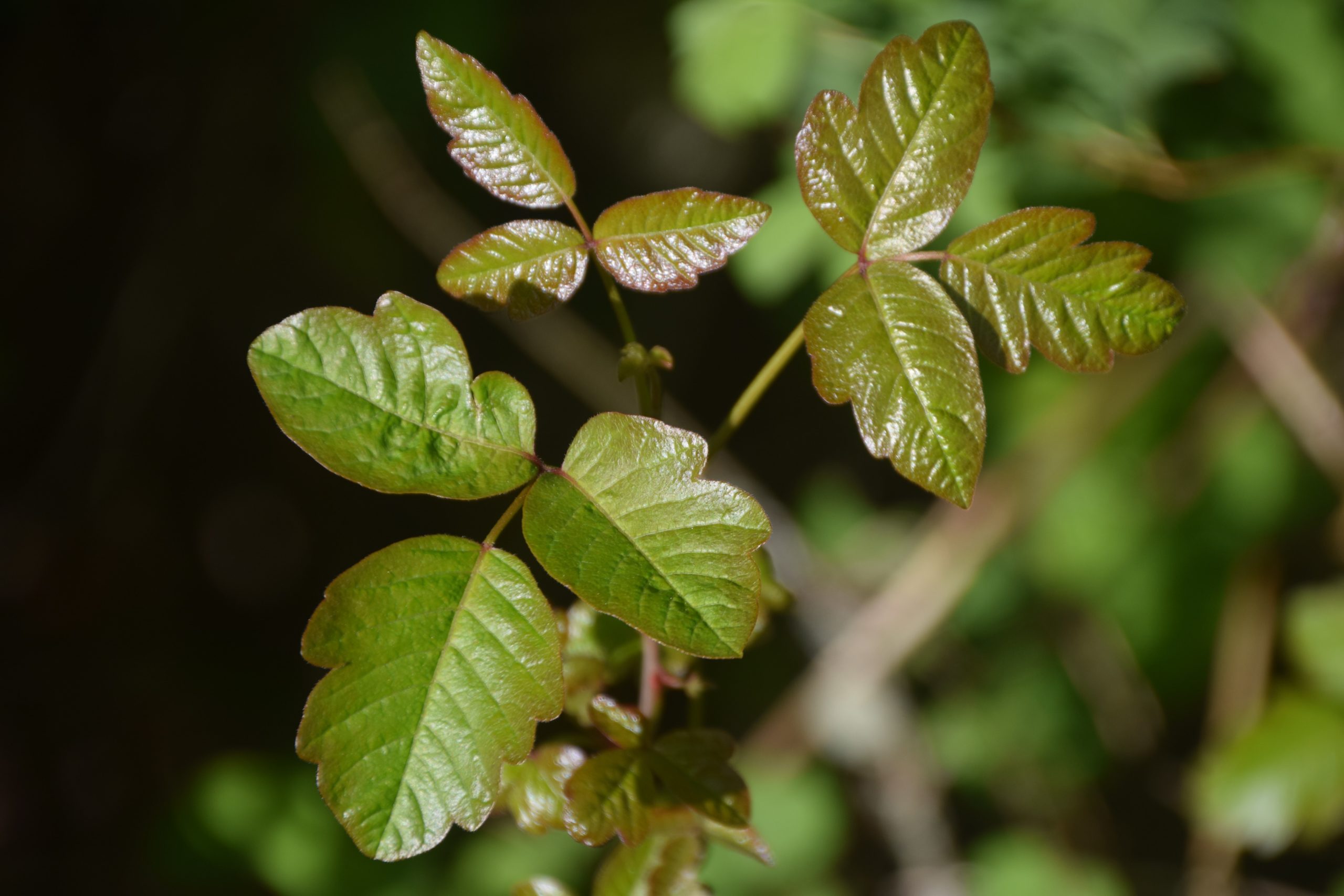
Body + Mind is reader-supported. We may earn an affiliate commission when you buy through some of the links on our site.
If you’re an outdoorsy person, you’ve probably experienced poison ivy once or twice. This plant leads to an allergic reaction that causes a skin rash at the point of contact. There are around 50 million Americans who get poison ivy annually.
You likely won’t experience anything more than an itch. That said, it’s often bothersome enough that you need to find a solution. Here are eight natural remedies for poison ivy to try after washing the affected area with soap and water.
An apple cider vinegar (ACV) solution works to tighten your skin. As a result, you’ll feel less irritation. You should always combine ACV with equal parts water to avoid harming your skin. There are three ways to use the ACV and water mixture to alleviate your poison ivy.
It’s generally a smart idea to test ACV before applying. Choose a small section of your wrist or arm to see whether your skin reacts negatively. This way, you won’t exacerbate the rash.
This vegetable can be a useful trick for poison ivy. There aren’t many nutrients or antioxidants found in cucumbers — but you can benefit from their high water content. They feel great when they’re cold, so you can believe they provide relief from itchiness.
A few cucumber slices are all you need. Slice them finely so that you can lay them across your rash. You shouldn’t expect the cucumber to heal your poison ivy. It’s only effective as a technique to help any pain you might feel.
You may want to try baking soda to relieve itchiness. It’s important to note that baking soda isn’t scientifically proven to promote healing. It’s recommended by some experts as a trick to calm skin in cases of eczema and psoriasis.
Mix three teaspoons of baking soda with one teaspoon of lukewarm water. This combination will create a paste that you can put onto the rash. Rinse the solution once it’s dried. You can also add baking soda to a bath to treat poison ivy over your whole body.
Have you ever used aloe vera to treat sunburns? The gel inside an aloe vera plant provides anti-inflammatory properties that promote healing. It also helps to moisturize the skin. In any case, you can use aloe vera as a natural remedy for poison ivy.
It’s best to use natural aloe vera when possible. If you don’t have a plant handy, you should look for 100% aloe vera products at the store. Rub the gel onto the rash to see results.
If your poison ivy feels stinging or hot, you can calm things down with ice cubes. A cold compress works similarly. Wrap a few ice cubes in a cloth. Press the cloth to your skin for about five minutes. You can do this trick throughout the day.
How comforting does an oatmeal bath sound? This product is a tried and true way to fix skin issues like poison ivy. That’s because oatmeal contains antioxidant and anti-inflammatory ingredients. If you feel particularly itchy, you may want to take an oatmeal bath.
Blend one cup of oatmeal in a blender to create a powder. Pour the powder into a lukewarm bath. Then, you can soak for around 10 to 15 minutes.
This step is more of a preventative measure than anything. The reason poison ivy spreads is because of the oil the plant produces. Therefore, you should rinse your skin as soon as possible after coming into contact with poison ivy.
That’s why rubbing alcohol can be a great thing to bring on a hike. You won’t always have access to soap and water. Instead, you can apply rubbing alcohol to the area to remove any residual oil. Your poison ivy will stay in one spot as a result.
You can use lemon juice for the same purpose as rubbing alcohol because it’s a natural astringent. If you expect to come across poison ivy, you may want to keep a lemon close. Apply the lemon juice immediately after the plant touches your skin.
A typical case of poison ivy will go away over time. That said, you can use these natural remedies for poison ivy to relieve pain and itchiness that may be symptoms. If you feel other side effects like a high fever, it’s important to contact your doctor.
Your email address will only be used to send you our newsletter, and at any time you may unsubscribe. For more information, see our Privacy Policy.